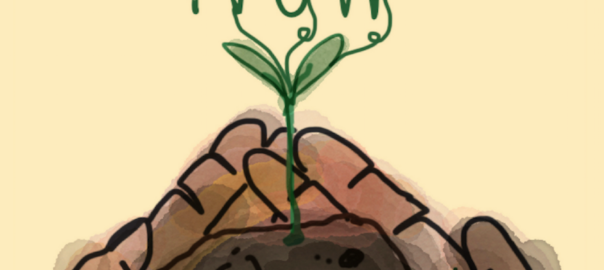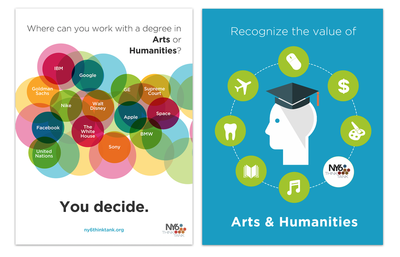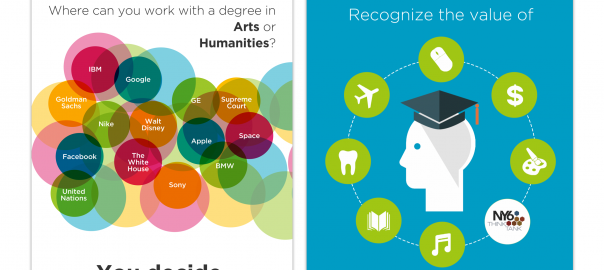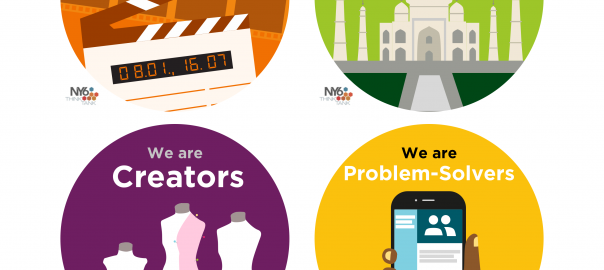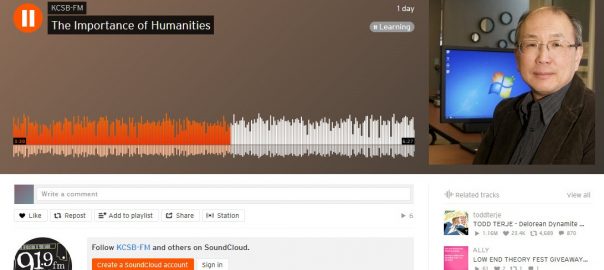In the spring of 2018, a group of Union College students took my class called “Millennials and Social Change”. They were in for a surprise. They registered for a course about the rise of the everyday changemaker. It was a class that focused on the current student generation, the Millennials (b. 1980-2000), and the changes they wished to see in their lives and in their communities.
Ten weeks later, the students in this class had become changemakers themselves. They had risen to the challenge with honesty, passion, and ambition and had written personal stories that inspire and give hope to others. Their collective calls for change became this book, Generation Now: Millennials Call for Social Change.
